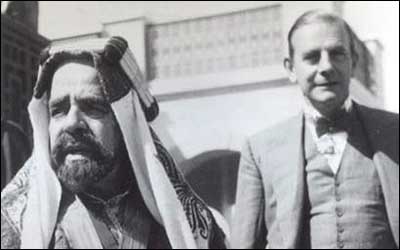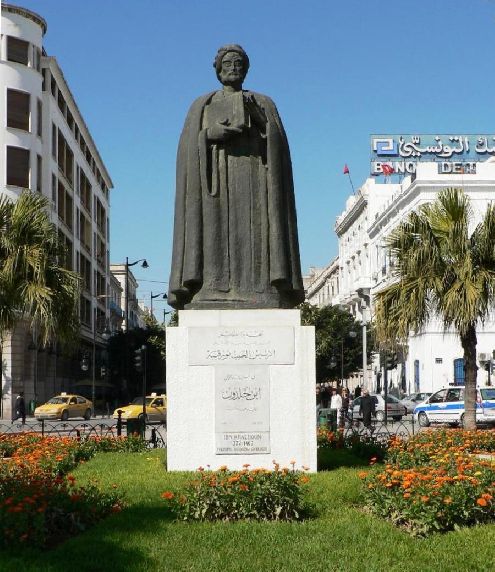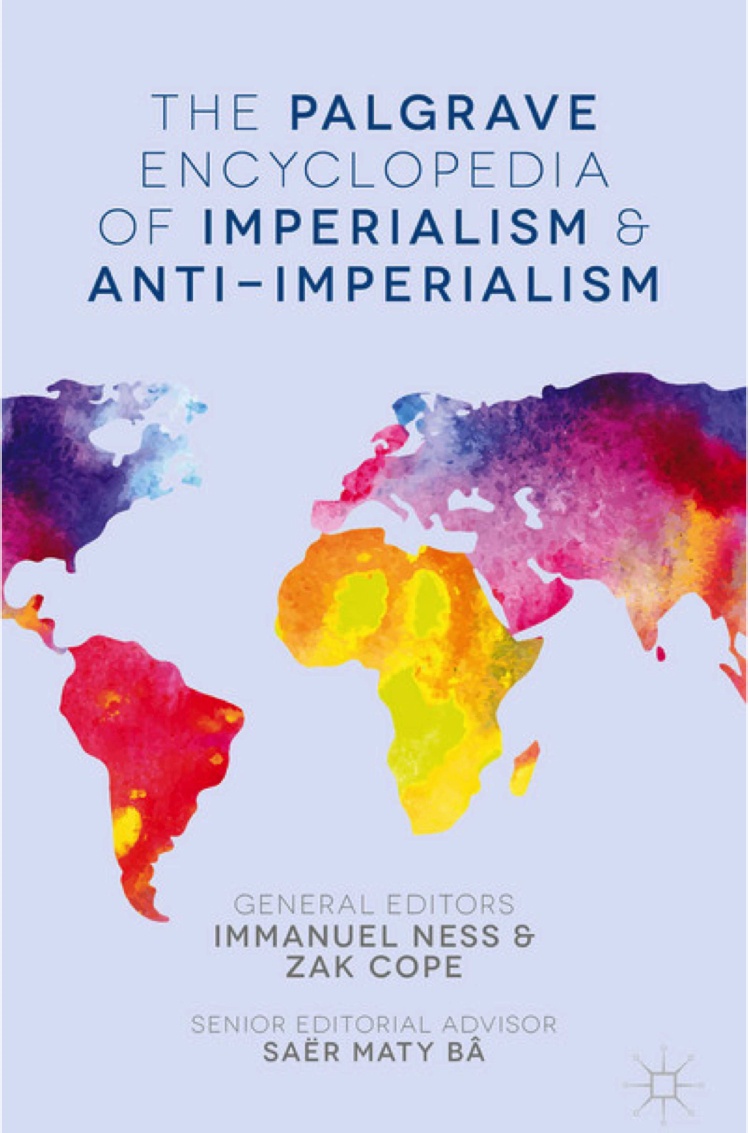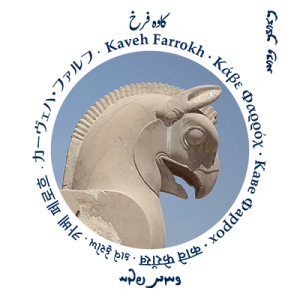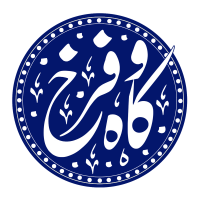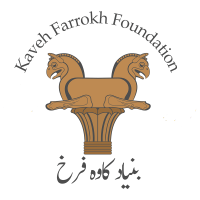Palgrave-Macmillan Publications in London and New York, which is a major international academic venue for scholarly works, has just published a seminal book entitled:
The book has been edited by Edited by Dr. Immanuel Ness, Dr. Zak Cope with the Senior Editorial Advising having been provided by Dr. Saër Maty Bâ.
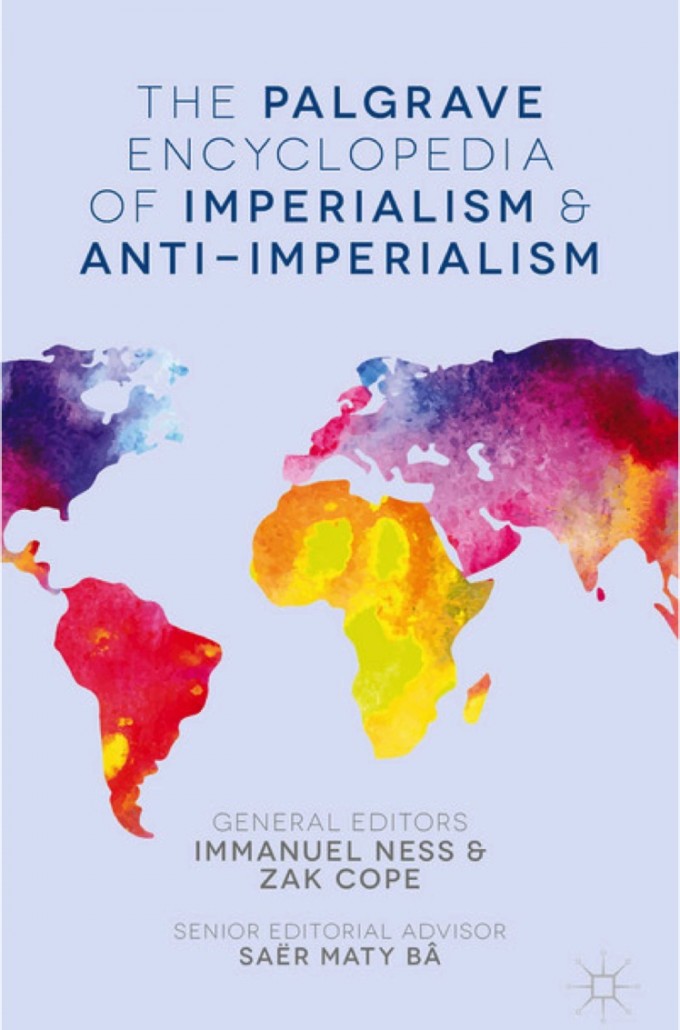
Front cover of the 2015 text “The Palgrave Encyclopedia of Imperialism and Anti-Imperialism, London & New York: Palgrave-Macmillan, 2015“. As noted in the Palgrave-Macmillan webpage: “The Palgrave Encyclopedia of Imperialism and Anti-Imperialism is a brand new, two-volume publication which presents theoretical explanations and historical accounts of imperialism and anti-imperialism from the 16th Century to the present day. The textbook has also published an article by Kaveh Farrokh: Farrokh, K. (2015). Pan-Arabism and Iran. In “The Palgrave Encyclopedia of Imperialism and Anti-Imperialism” (Immanuel Ness & Zak Cope, Eds., Saër Maty Bâ, Editorial Advisor), Palgrave-Macmillan, pp.915-923. Shaikh Salman Bin Hamad Al-Khalifa (at left) and Sir Charles Belgrave (right) (Picture Source: Flicker) who was England’s Government Adviser to Bahrain. It was Belgrave who first pioneered the concept of changing the name of the Persian Gulf. The motives for such revisionist schemes are not clear, but it is possible that Belgrave was calculating that such actions would create frictions between the Iranians and the Arabs. A statue of Arabo-Islamic historian, Ibn Khaldun (1332-1406) in Tunisia. Ibn Khaldun emphasized the crucial role of the Iranians in promoting learning, sciences, arts, architecture, and medicine in Islamic civilization. It was pan-Arabists such as Sami Shawkat who insisted that history books such as those by Ibn Khaldun be destroyed or re-written to remove all references of Iranian contributions to Islamic civilization. The former Baathist regime in Iraq promoted such policies and even worked alongside numerous lobbies to promote historical revisionism at the international level. A direct quote from Ibn Khaldun’s work, The Muqaddimah, states the following: “…It is a remarkable fact that, with few exceptions, most Muslim scholars…in the intellectual sciences have been non-Arabs…thus the founders of grammar were Sibawaih and after him, al-Farisi and Az-Zajjaj. All of them were of Persian descent…they invented rules of (Arabic) grammar…great jurists were Persians… only the Persians engaged in the task of preserving knowledge and writing systematic scholarly works. Thus the truth of the statement of the prophet becomes apparent, ‘If learning were suspended in the highest parts of heaven the Persians would attain it”…The intellectual sciences were also the preserve of the Persians, left alone by the Arabs, who did not cultivate them…as was the case with all crafts…This situation continued in the cities as long as the Persians and Persian countries, Iraq, Khorasan and Transoxiana (modern Central Asia), retained their sedentary culture.” [The Muqaddimah Translated by F. Rosenthal (III, pp. 311-15, 271-4 [Arabic]; R.N. Frye (p.91)].